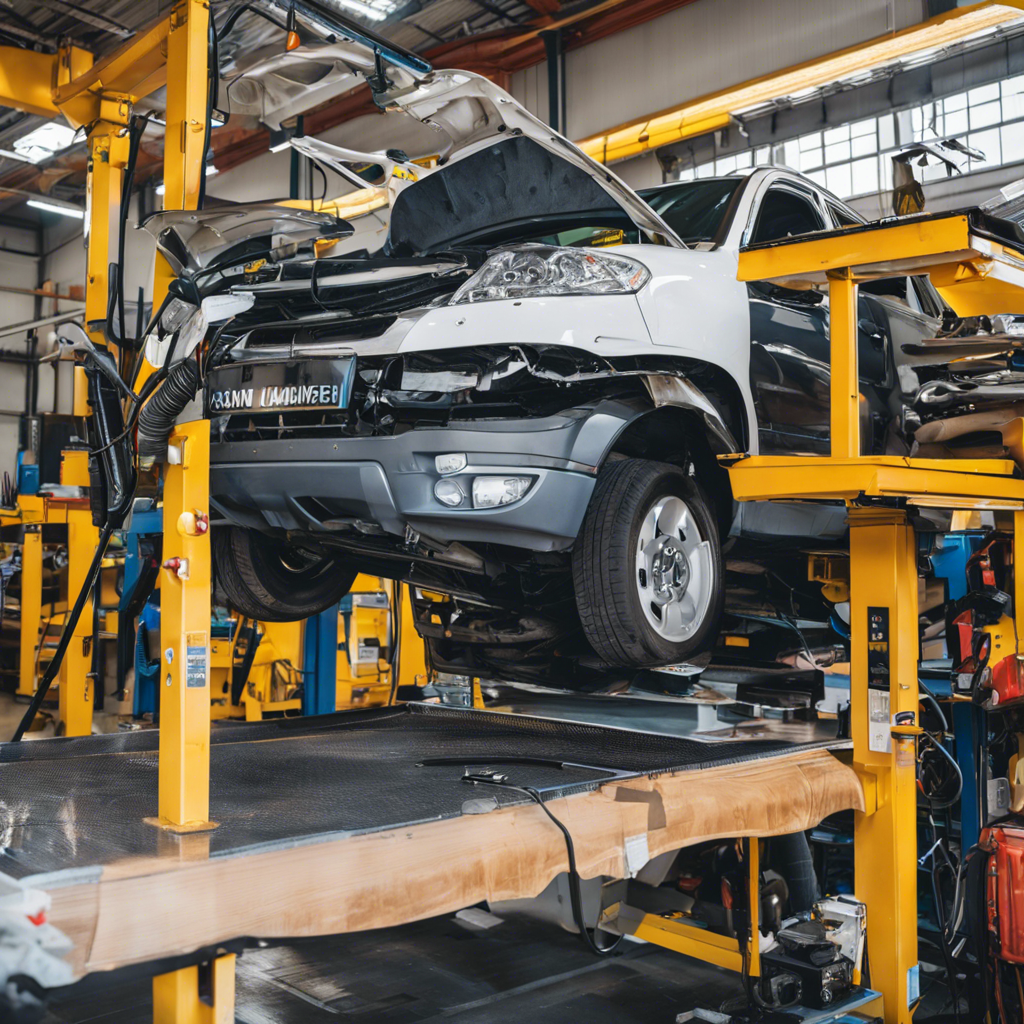Regular vehicle maintenance is essential for accident prevention, as it ensures vehicles are safe and reliable.
Vehicle maintenance is a crucial aspect of road safety that often goes overlooked. Many drivers fail to realize the significant role that regular maintenance can play in preventing accidents and ensuring their safety on the road. This article aims to shed light on the importance of adhering to **vehicle maintenance schedules**, highlighting how it can reduce the likelihood of accidents and contribute to a safer driving experience.
In today’s fast-paced world, where cars have become an integral part of our daily lives, taking care of them is not just a matter of personal convenience but also a responsibility towards our safety and that of others on the road.
Understanding Vehicle Maintenance Schedules
Vehicle maintenance schedules are comprehensive plans designed to keep your car in optimal condition. These schedules are typically provided by vehicle manufacturers and outline the specific services required at different mileage intervals or time periods. By following these schedules, you can proactively address potential issues before they become major problems, ensuring your vehicle remains safe and reliable.
The Impact of Regular Maintenance on Safety
Preventing Mechanical Failures
One of the key aspects of vehicle maintenance is preventive care. Regular servicing allows mechanics to identify and rectify small issues before they escalate. For instance, a worn-out brake pad, if left unattended, could lead to brake failure, a potentially catastrophic event. By adhering to the maintenance schedule, you can significantly reduce the risk of such failures.
Ensuring Optimal Performance
Maintenance schedules are designed to keep your vehicle running at its best. Regular services include essential tasks such as oil changes, fluid top-ups, and tire rotations. These may seem like mundane tasks, but they are vital for maintaining the overall performance and efficiency of your vehicle. A well-maintained car handles better, responds more reliably in emergency situations, and generally offers a safer driving experience.
Common Maintenance Tasks
- Oil Changes
- Brake Inspections
- Tire Rotation and Alignment
- Fluid Checks and Top-ups
The Cost of Neglecting Maintenance
Increased Accident Risk
Neglecting vehicle maintenance can have severe consequences. Worn-out tires, faulty brakes, or outdated wiper blades can significantly increase the risk of accidents. For example, bald tires can lead to hydroplaning on wet roads, while faulty brakes may result in extended stopping distances, both of which can contribute to accidents.
Financial Implications
Regular maintenance is not just about safety; it can also save you money in the long run. Well-maintained vehicles tend to have higher resale values, and they are less likely to suffer from unexpected breakdowns, which can be costly to repair. Moreover, many insurance companies offer discounts to drivers who can provide evidence of regular servicing, recognizing the reduced risk associated with well-maintained vehicles.
FAQs
How often should I get my vehicle serviced?
The frequency of vehicle servicing depends on the manufacturer’s recommendations and your driving habits. Typically, most vehicles require an oil change every 5,000 to 10,000 miles, with more comprehensive services at higher mileage intervals or once a year.
What happens if I miss a scheduled maintenance service?
Missing a scheduled service can lead to a buildup of minor issues, which may eventually result in more significant problems. It’s best to get your vehicle serviced as soon as possible after a missed appointment to avoid potential safety risks and costly repairs.
Can I perform basic maintenance tasks myself?
Many basic maintenance tasks, such as checking tire pressure or replacing windshield wipers, can be done by the vehicle owner. However, it’s essential to follow the manufacturer’s guidelines and use appropriate tools and materials. For more complex tasks, it’s advisable to rely on trained mechanics to ensure the work is done correctly.
In conclusion, vehicle maintenance schedules are not just a set of recommendations but a crucial aspect of road safety. By following these schedules, drivers can significantly reduce the risk of accidents, ensure optimal vehicle performance, and save money in the long run. Remember, a well-maintained vehicle is a safe vehicle, and taking the time to care for your car is an investment in your safety and that of others on the road.
—
**Relevant External Links:**
1. NHTSA | Vehicle Maintenance and Repair Information
2. DMV.ORG | Stay Safe with Routine Car Maintenance
3. Consumer Reports | How to Maintain Your Car Yourself
